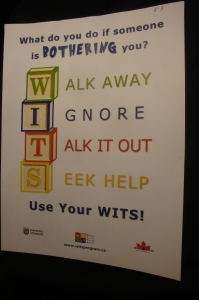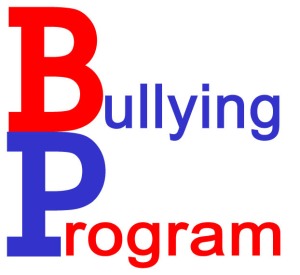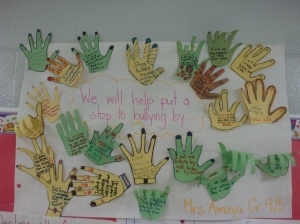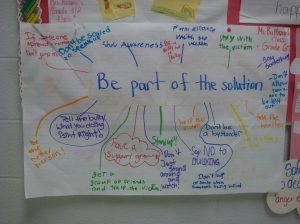Back to school can be a stressful time for kids that are bullied. I have put together some ideas to help you reduce your stress and move forward.
Most people agree that if you are feeling stress, you need to get moving. One guy told me that anytime he feels stress, he looks at his feet. He means he reminds himself he needs to get moving. He goes on a quick walk or jog, or he gets up and starts doing anything that comes to mind. He just gets moving.
Inner, personal thoughts cause stress. I believe in taking control of inner thoughts as much as possible. That may sound crazy to you, but did you know we can actually take control of our own thoughts? Any time you start feeling stressed out about going back to school, just repeat a line in your head like this one:
In an easy and relaxed manner, in a healthy and positive way,
I am comfortable and happy at this very moment.
The words easy / relaxed / positive / comfortable / happy will start to subconsciously tell your brain to be this way. This is not a new idea, but it can have a very powerful effect, especially if you memorize the two lines and just say them over and over in your mind, any time your mind is stressing you out.
If you want to give this idea a try, you can do an on-line search for mantras. That is the name for a phrase you repeat over and over in your mind to take control of your thought process.
Don’t get bogged down though, because a lot of information about mantras is spiritual or in other languages. Mantras don’t need to be confusing or complicated. Just put some words together that make you feel good like I’ve suggested above. Stay away from words like tension or stress or bully. In other words don’t make a mantra like “I won’t be stressed and I will block out tension. I will not allow people to bully me”. The problem with that mantra is that the brain will hear the words stress / tension & bully and it won’t have a positive effect.
Usually stress comes from negative thoughts in your mind. If you can replace those negative thoughts with positive thoughts, you can start to take charge of your thought process and leave a lot of your stress behind.
Of course, some stress is completely normal. If you didn’t stress out a little about certain things, you might not achieve much. Some people say certain kinds of stress are good because it gets us moving and we take action.
Too much stress is when things get dicey. Health problems can start, like upset stomach or headaches or rashes. They say the list is endless. Rather than thinking about stress, why not think about relaxed living.
Of course, these ideas are my personal opinions, but I have found the suggestions can really make a difference and actually reduce stress quite a bit. If you found them helpful, please leave me a quick reply.
Bruce Langford is a bullying prevention advocate who speaks and presents anti-bullying assemblies in schools www.standupnow.ca
















